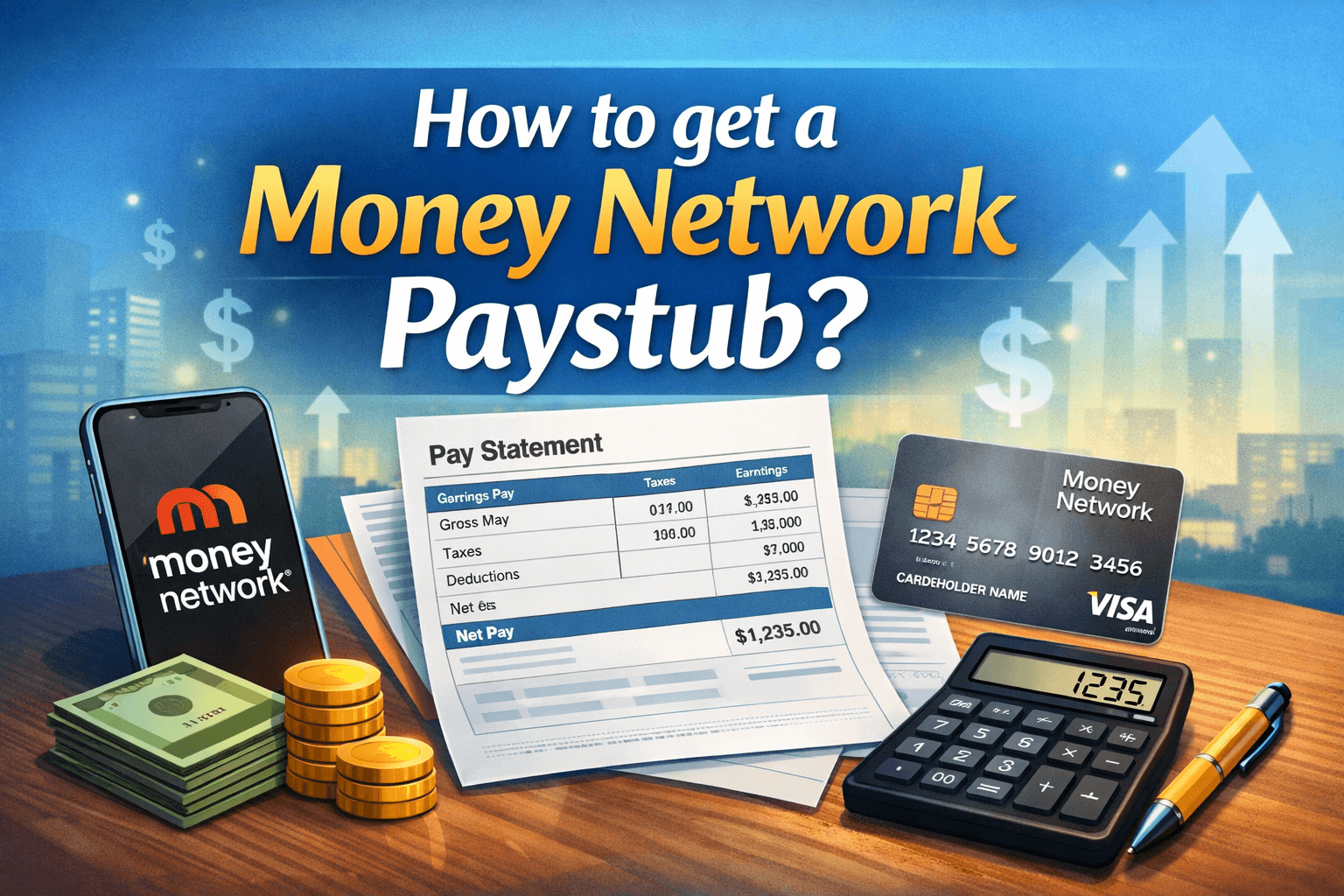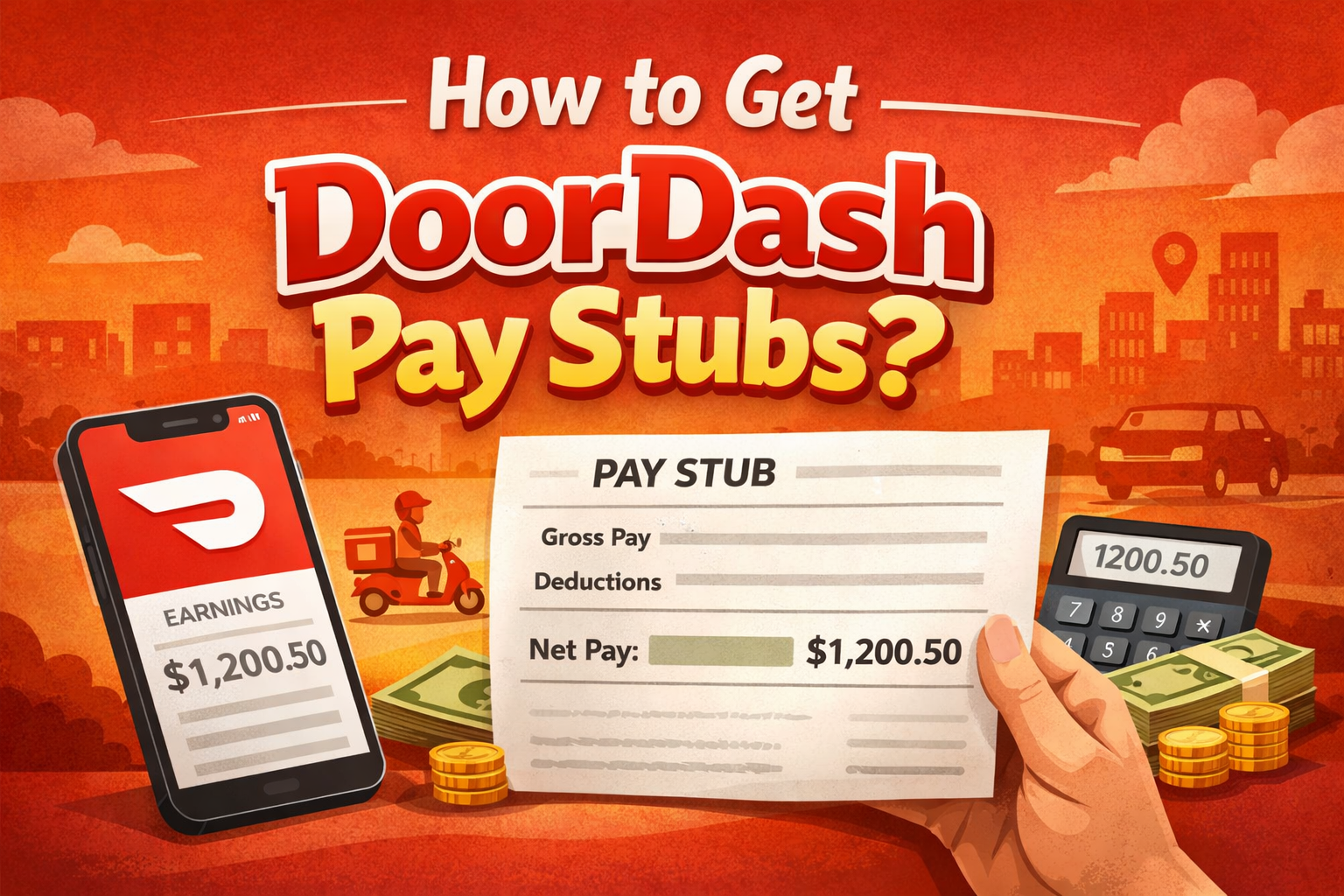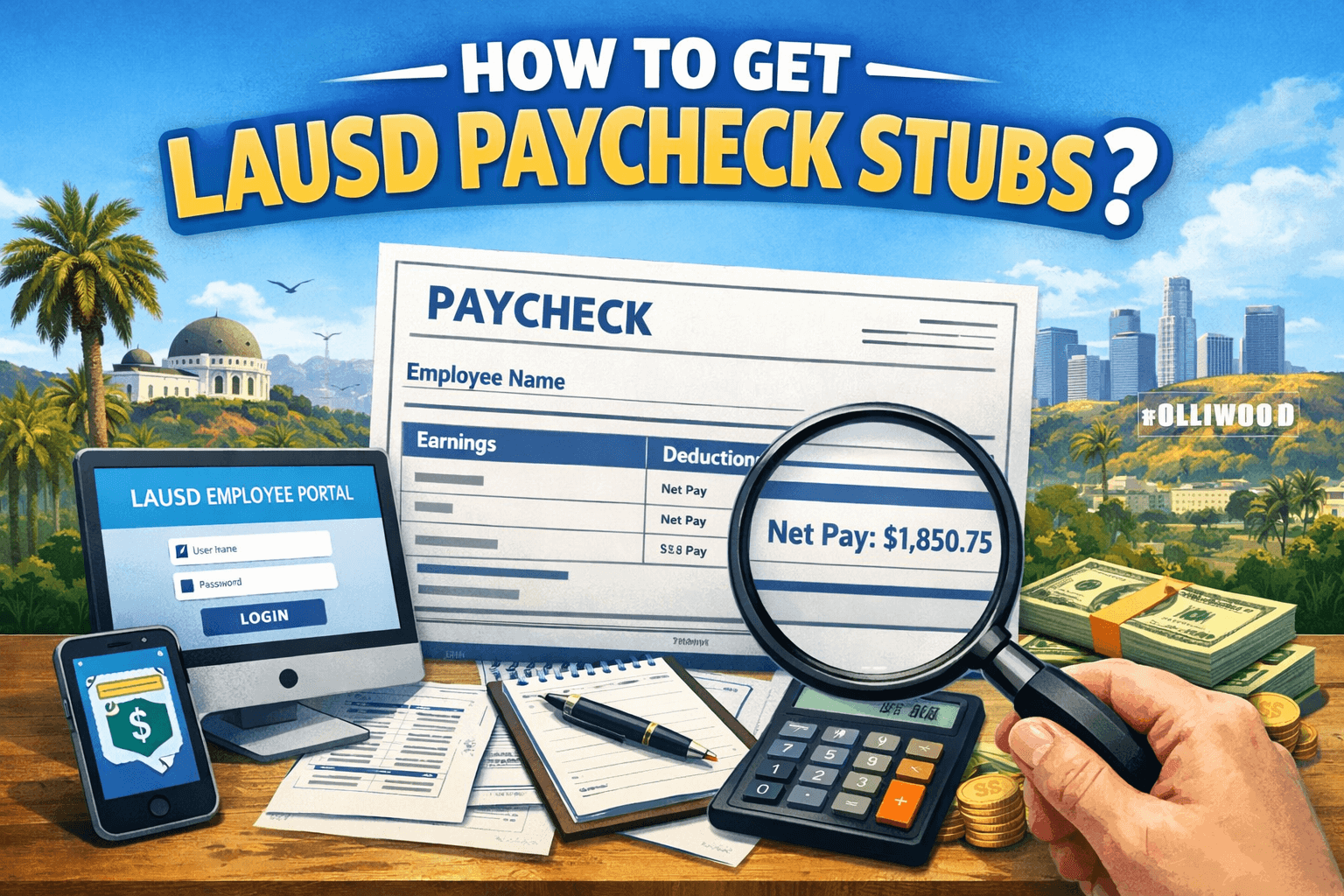A 401(k) is a retirement plan your employer may offer. It lets you put part of your paycheck aside before taxes are taken out. Over time, the money can grow and help you have some cash for retirement. Some employers even match what you put in, which is basically free money for you.
Why a 401(k) is useful
- Tax Benefits – Money you put in a traditional 401(k) is pre-tax, so you pay less taxes now. You pay taxes when you take it out later.
- Employer Match – Many companies match a part of what you contribute. For example, they may give 50% of your contributions up to 6% of your salary. That’s like a bonus for saving.
- Investment Options – You can invest your money in stocks, bonds, or mutual funds.
- Contribution Limits – There is a yearly limit on how much you can save. For 2025, it’s $23,000 if you’re under 50, and extra $7,500 if you’re 50 or older.
- Withdrawals – Taking money out before 59½ usually has a 10% penalty plus taxes, but some exceptions apply.
Types of 401(k) Plans
| Type | What it is | Tax Info | Who it’s for |
| Traditional 401(k) | Pre-tax contributions | Taxes later at withdrawal | Most employees |
| Roth 401(k) | Post-tax contributions | Tax-free later | People wanting tax free withdrawals |
| Solo 401(k) | For self-employed | Can be pre-tax or Roth | Solo business owners |
| Safe Harbor 401(k) | Automatic employer contributions | Pre-tax | Small businesses avoiding IRS tests |
See also: 401(a) plan, 403(b) plan, 457(b) plan.
Contribution Limits (2025)
| Age | Max Contribution | Catch-up Contribution |
| Under 50 | $23,000 | N/A |
| 50+ | $23,000 | $7,500 |
For more info, check 401k contribution.
How 401(k) Affects Your Paycheck
- Contributions reduce your taxable income, so you pay less tax now.
- Employer match might not appear on your paycheck, but it’s added to your account.
- Other deductions like post-tax deductions or multi-state payroll still affect your take-home pay.
401(k) vs Other Plans
- 401(a) Plan – Mostly for government workers, employer controlled.
- 403(b) Plan – For teachers, school staff, nonprofits.
- 457(b) Plan – For government employees.
- Roth IRA – Personal retirement account, tax-free growth. See Roth IRA.
Common Questions Regarding 401(k)
Q: What is a 401k used for?
A: Saving for retirement, and maybe getting employer match.
Q: Can I do a 401(k) and IRA together?
A: Yes, but rules and limits are different.
Q: What happens if I leave my job?
A: You can roll it over to a new employer plan, or IRA, or leave it where it is.
Q: Can I take money out early?
A: Usually yes, but 10% penalty + taxes, unless special cases like medical or disability.
Q: How does employer match work?
A: They put extra money in based on what you contribute. It helps a lot.
Q: How does it show on paycheck?
A: Deducted pre-tax so your taxable wages are lower. You can check with online paycheck generator to see exact numbers.







